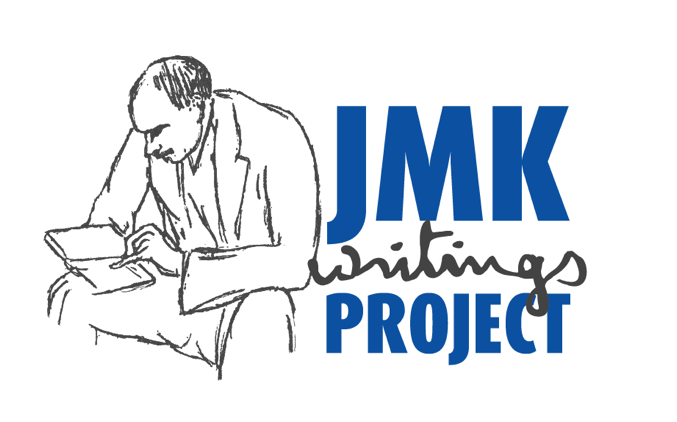By Deirdre N. McCloskey
University of Illinois at Chicago
Nearly as published, Wall Street Journal, Saturday, Feb 28, 2015
The theme of Sarah Chayes’s “Thieves of State” is that corruption can’t be ignored as a source of international instability. The injustice of it enrages people. Corruption thus becomes “an important driver of conflict worldwide,” as Ms. Chayes puts it. “Abusive government corruption prompts extreme responses and thus represents a mortal threat to security.” Ms. Chayes, who in her seven years in Afghanistan worked as a reporter for National Public Radio, as an NGO administrator and as an advisor to Gen. Stanley McChrystal, witnessed programs against corruption initiated by the NGOs, NATO, and the U.S. Army fail and fail again, co-opted by the Karzai brothers and worse. She tells the story of what happened in Afghanistan brilliantly, and compares her experience there with the current corruption in Egypt, Russia and the dismal rest. In all of these places, the officials extract money from the system, the citizens cheat the system, and the business interests co-opt the system. It’s an old story, from the corrupt judges the prophet Amos blasted to the love-besotted governor in squeaky-clean Oregon.
Continue reading →
 Professor Rod O”Donnell is currently engaged in preparing a major edition of the remaining unpublished writings of JM Keynes, of which there remains a HUGE quantity of valuable material scattered across many archives in several countries. Since standard sources of funds for this kind of research have dried up, he has turned to crowdfunding.
Professor Rod O”Donnell is currently engaged in preparing a major edition of the remaining unpublished writings of JM Keynes, of which there remains a HUGE quantity of valuable material scattered across many archives in several countries. Since standard sources of funds for this kind of research have dried up, he has turned to crowdfunding.










